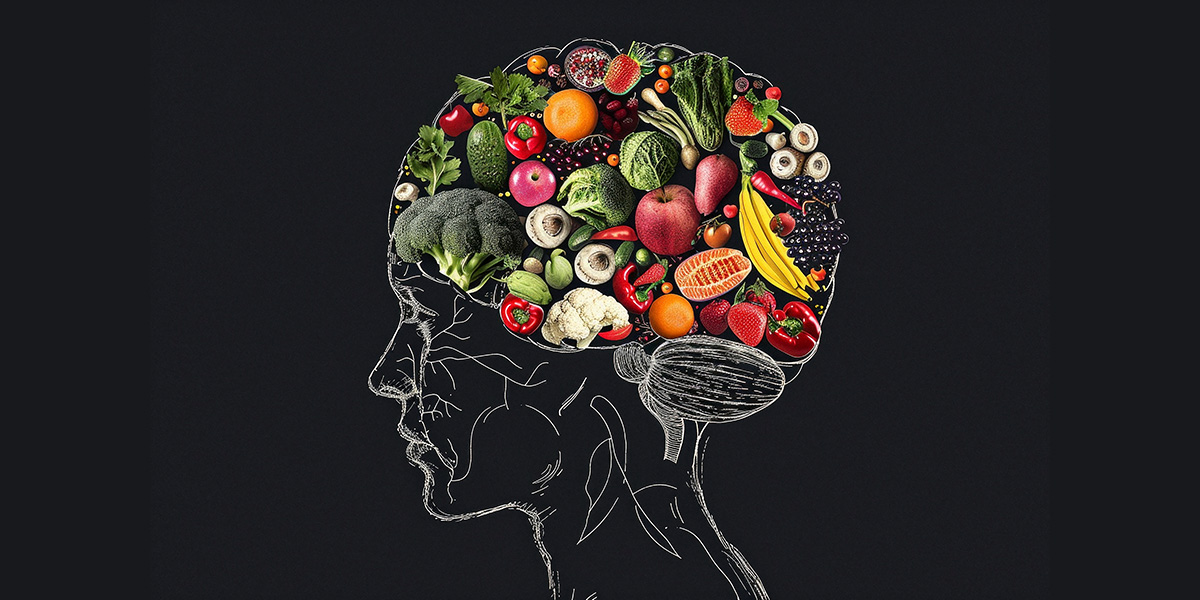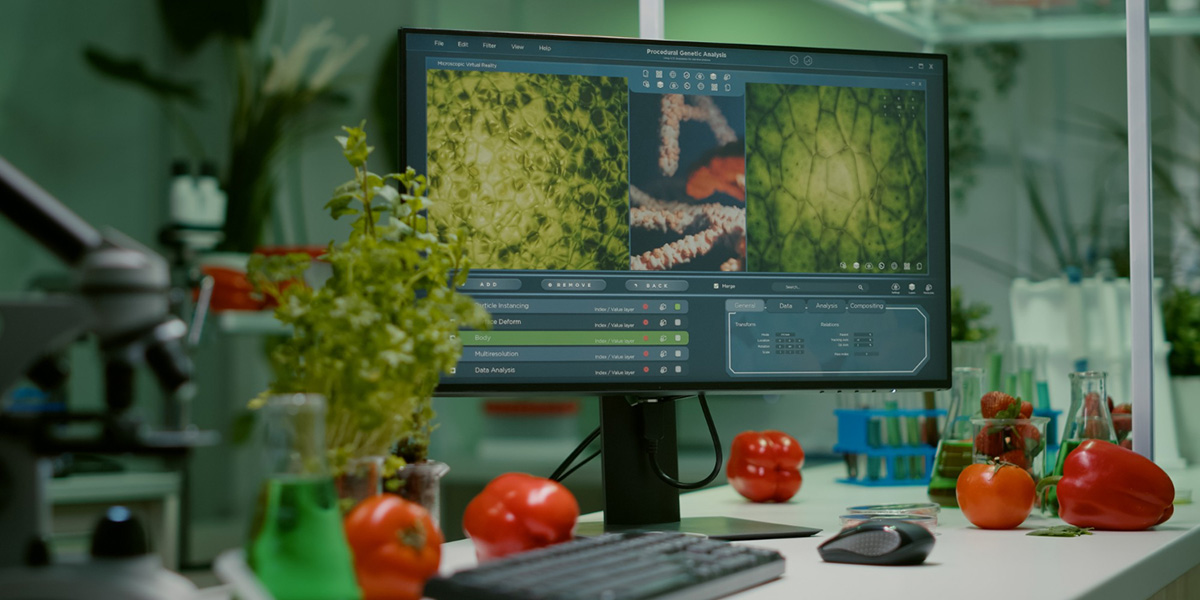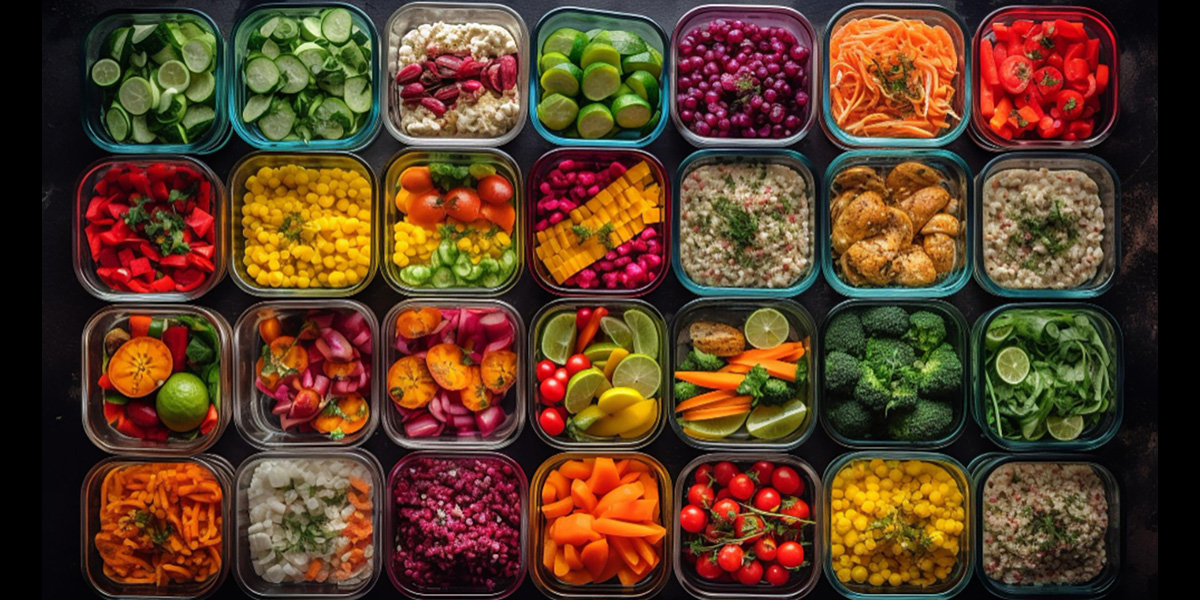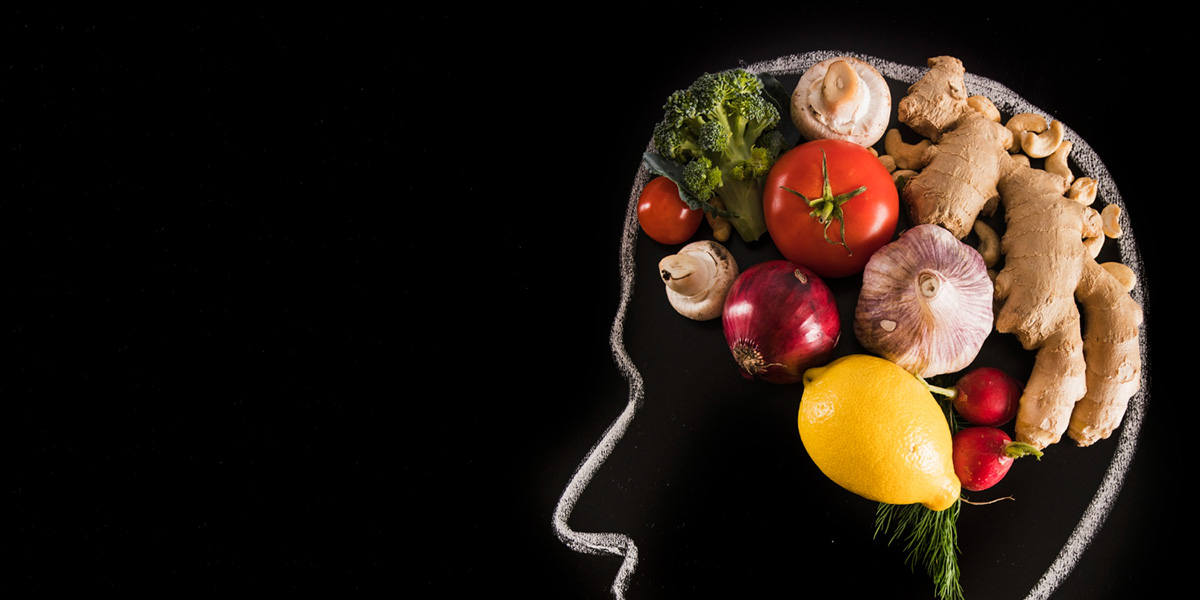Role of Nutrition Informatics in Reducing Food Wastage
Introduction Nutrition informatics (NI) is the efficient retrieval, organisation, storage, and optimal application of information, data, and knowledge for food and nutrition problem-solving and decision-making. There is an increasing opportunity to provide technology-enabled behavioural change interventions to assist NI research and practice. (1) Access to a sufficient, safe, and nutritious food supply is critical for the rising worldwide population. However, food waste has become a major concern worldwide due to










